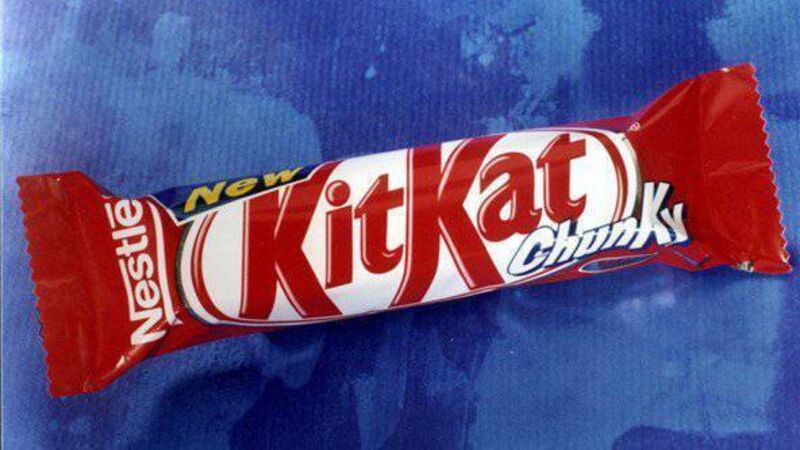Nestlé joins Dettol-owner Reckitt in tapping into higher prices to boost earnings

Nestlé expects to maintain profits despite rising cost pressures.
Food group Nestlé is confident of defending its profit margins against mounting cost pressures this year, planning more price increases after they helped it beat sales and earnings expectations in 2021.
Consumer goods companies are grappling with surging costs for commodities, energy, transport and labour, prompting rival Unilever last week to warn of a drop in margins as it struggles to lift prices enough to offset the extra expenses.















